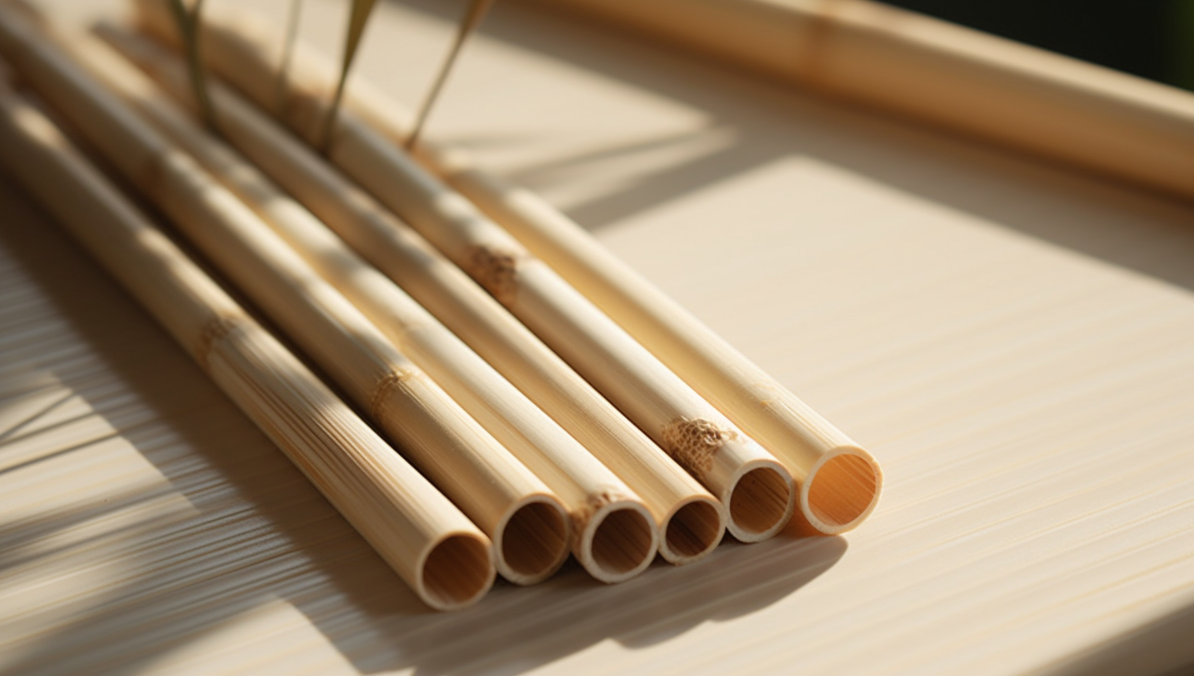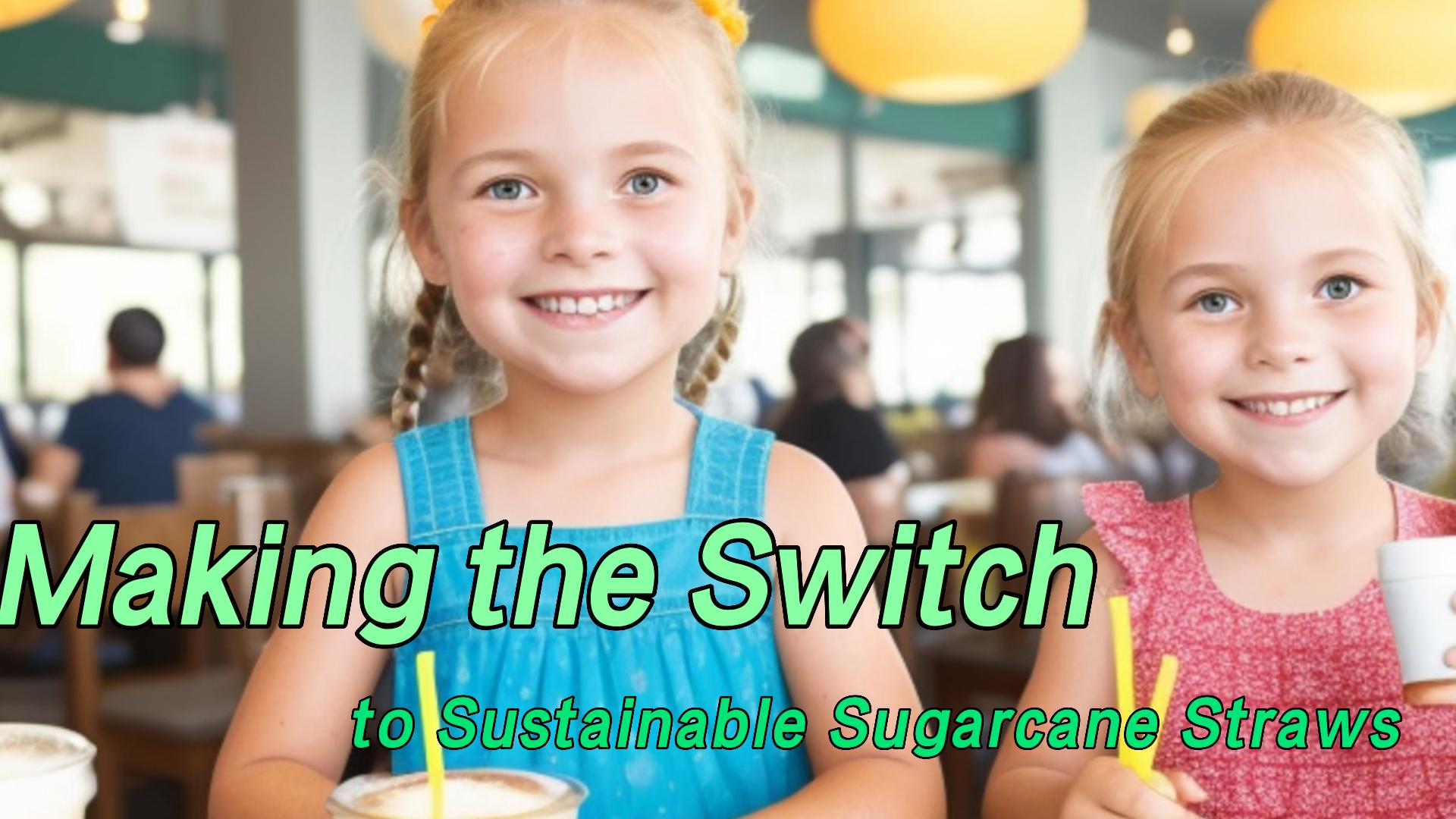In recent years, there has been a growing awareness of the environmental impact of single-use plastic straws. As a result, the industry has been undergoing a significant transformation, with innovative, eco-friendly alternatives gaining popularity. In this article, we’ll delve into the world of sustainable straws, discussing how options like sugarcane, coffee ground, and bamboo fiber straws are shaping the future of the industry.

The Problem with Plastic Straws
Plastic straws are cheap, lightweight, and convenient, making them a popular choice for consumers and businesses alike. However, their environmental cost is staggering. It’s estimated that over 500 million plastic straws are used daily in the United States alone, and many end up in our oceans, posing a threat to marine life. Moreover, plastic straws are made from non-renewable petroleum-based resources and can take centuries to decompose.
The Emergence of Sustainable Straw Alternatives
As awareness of the environmental impact of plastic straws has grown, so too has the demand for sustainable alternatives. Enterprising companies have developed a range of eco-friendly straw options, each with its unique benefits and advantages. Let’s take a closer look at three such alternatives: sugarcane straws, coffee ground straws, and bamboo fiber straws.
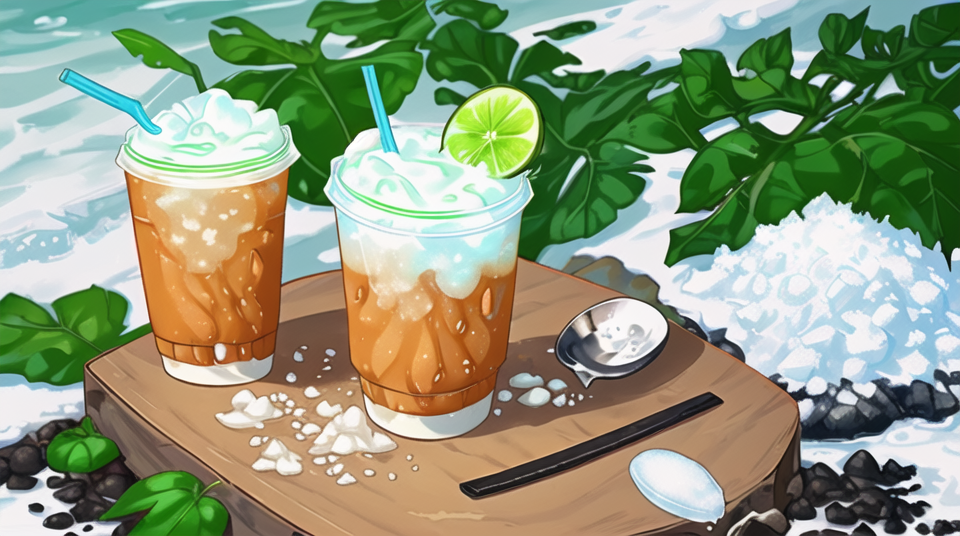
Sugarcane Straws
Sugarcane straws are made from the by-products of sugarcane processing, such as bagasse, which is the fibrous residue left after extracting the juice from sugarcane. These straws are biodegradable, compostable, and made from a renewable resource, making them an attractive option for environmentally conscious consumers. Moreover, sugarcane straws are durable and can withstand hot and cold beverages alike.
Benefits of Sugarcane Straws
- Biodegradable and compostable
- Made from renewable resources
- Durable and suitable for hot and cold beverages
- No impact on the taste of the drink
Coffee Ground Straws
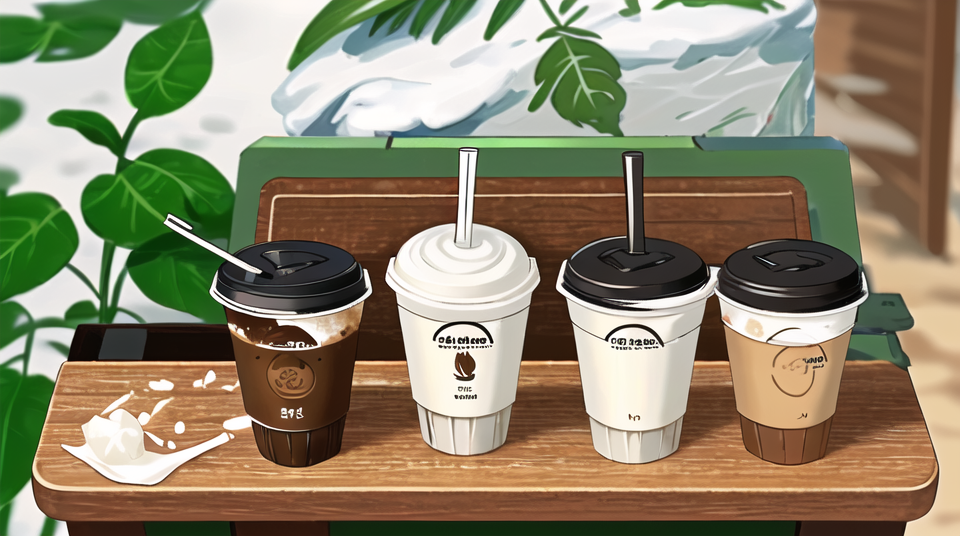
Coffee ground straws are an innovative solution that repurposes used coffee grounds to create a sustainable alternative to plastic straws. These straws are composed of a mixture of coffee grounds and a plant-based binder, creating a durable and compostable product. Coffee ground straws are also a great way to reduce waste from the coffee industry, as millions of tons of used coffee grounds are discarded every year.
Benefits of Coffee Ground Straws
- Made from upcycled coffee grounds
- Compostable and biodegradable
- Durable and suitable for hot and cold beverages
- Subtle coffee aroma adds a pleasant sensory experience
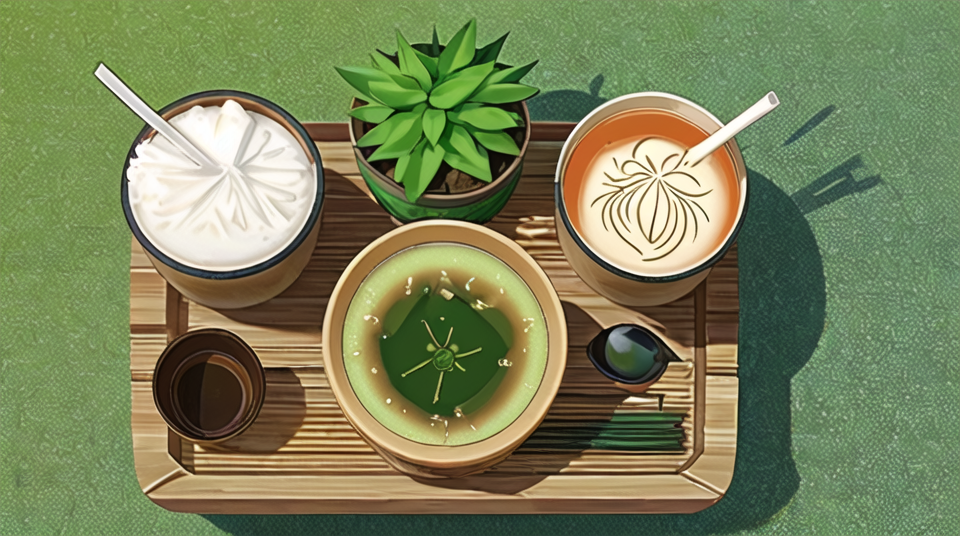
Bamboo Fiber Straws
Bamboo fiber straws are made from natural bamboo fibers, which are both renewable and biodegradable. These straws are sturdy, reusable, and can be easily cleaned with a brush, making them an excellent choice for those looking to minimize their environmental footprint. Bamboo fiber straws are also free from harmful chemicals and dyes and do not affect the taste of the drink.
Benefits of Bamboo Fiber Straws
- Made from renewable and biodegradable bamboo fibers
- Reusable and easy to clean
- Free from harmful chemicals and dyes
- No impact on the taste of the drink
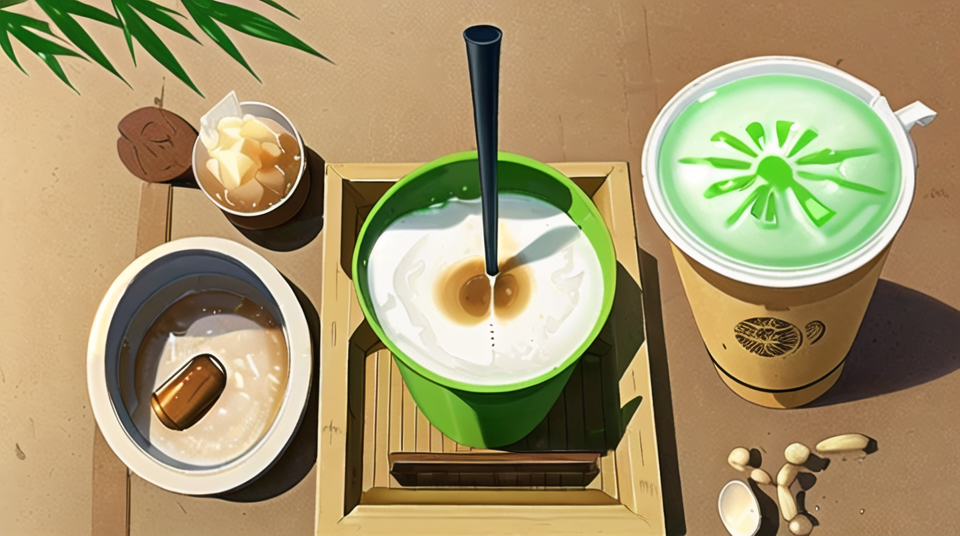
The Impact on the Industry
The introduction of sustainable straw alternatives has had a significant impact on the industry, with more and more businesses opting to replace plastic straws with eco-friendly options. This shift has been driven by consumer demand, as well as legislative measures, such as plastic straw bans implemented in various cities and countries around the world.
The rise of sustainable straws has also created new business opportunities for manufacturers and suppliers, as well as innovative collaborations between the straw industry and other sectors, such as agriculture and waste management.
As the trend towards sustainable straws continues, it’s expected that the industry will further innovate, developing even more eco-friendly options and promoting a circular economy. This shift is not only beneficial for the environment but also presents an opportunity for businesses to differentiate themselves in the market and appeal to environmentally conscious consumers.
Conclusion
The future of straws is undoubtedly green, as sustainable alternatives like sugarcane, coffee ground, and bamboo fiber straws continue to gain popularity and reshape the industry. By embracing these eco-friendly options, businesses can contribute to a more sustainable future, reduce plastic waste, and cater to the growing demand for environmentally responsible products.
With the ever-increasing awareness of the environmental impact of single-use plastics, it’s clear that the shift towards sustainable straws is more than just a passing trend – it’sa movement towards a cleaner, greener future for our planet. As manufacturers continue to innovate and consumers embrace these eco-friendly alternatives, the straw industry is set to undergo a lasting transformation, with sustainability at its core.


